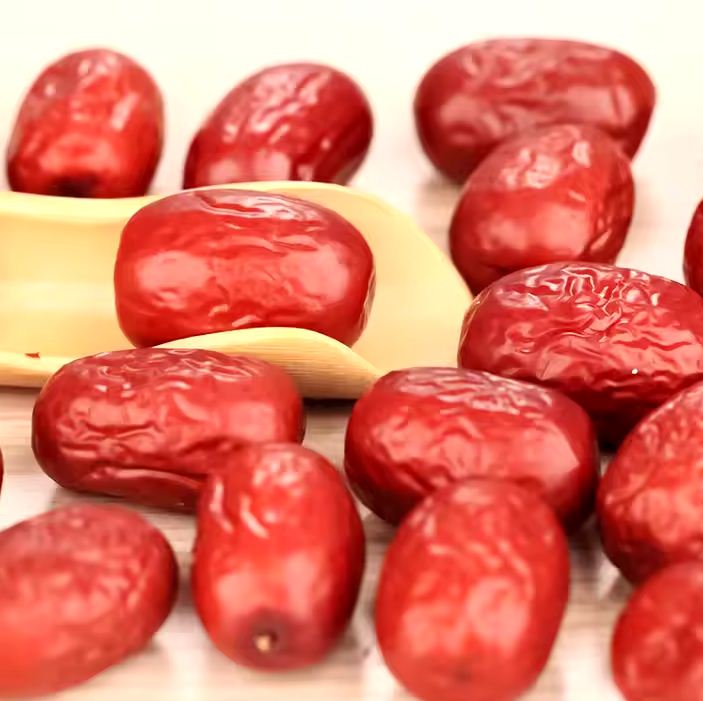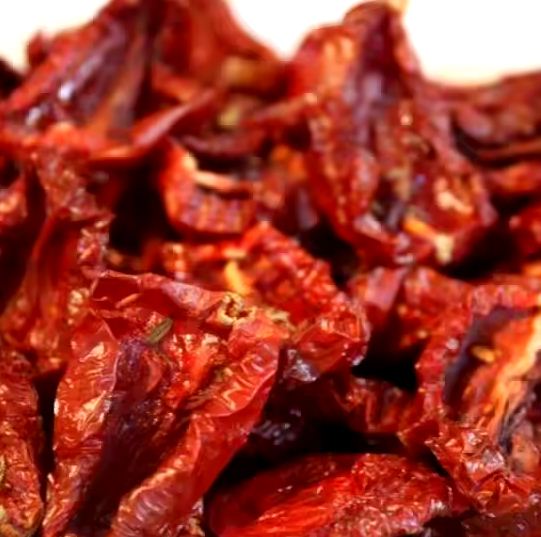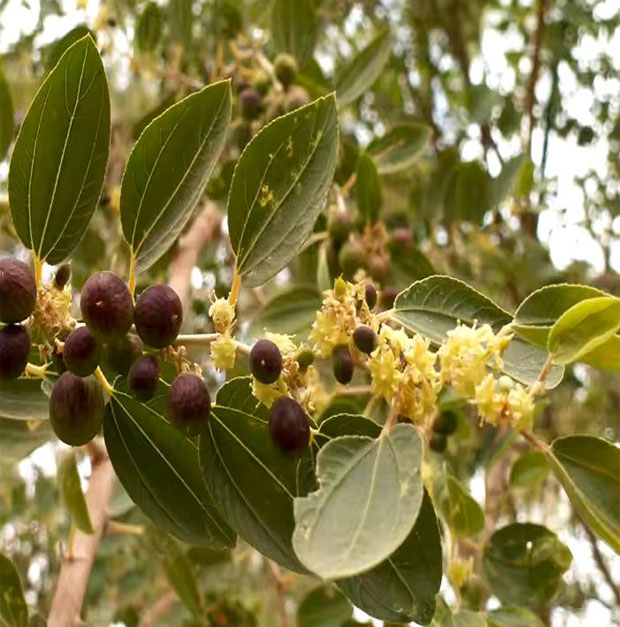Lupine seeds for export and import
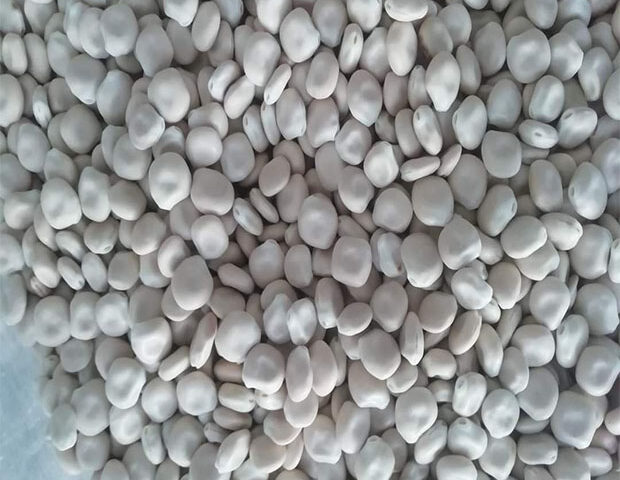
product name
Lupin
Lupine
Lupin
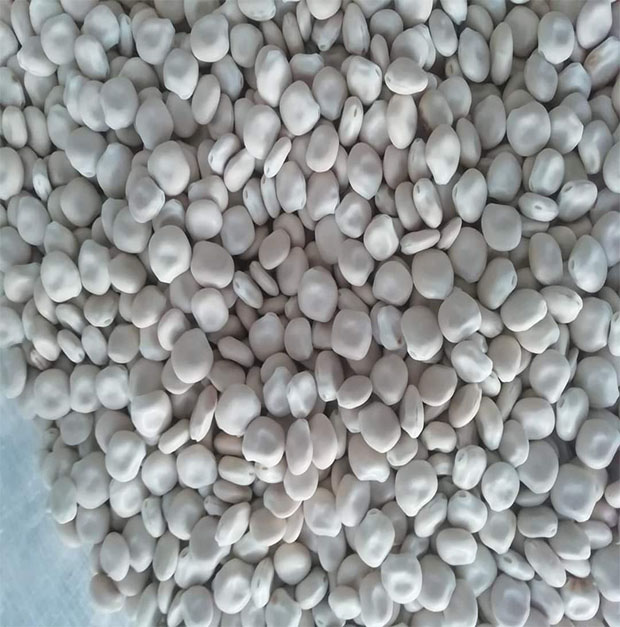
Lupine seeds for export and import
Storage ofLupine seeds for export and import Type Normal
Specification Lupine seeds for export and import Beans
Shelf Life 24 months
Manufacturer delta spices egy
Ingredients Lupine seeds Beans
Content Lupine seeds
Address egypt
Instruction for use food
Place of Origin egypt
Product Type Other
Style Dried
Size 4
Weight (kg) 25
Brand Name Lupine seeds
Description
Lupine seeds for export and import perennis, also called Perennial Lupine, Wild Lupine, and Sundial Lupine, has a wide native range across the Midwestern & Eastern US. Its native range includes Minnesota east to the Great Lakes region, Northeastern states, and in coastal states down to Georgia. This Lupine species thrives in sunny areas, sandy soil, including black oak sand savannas, sand prairies, and pine barrens. They need well-drained soil, such as sandy, loamy, or gravelly sites, and will not grow well in clay soil. They’re often paired with Daisies, Peonies, and Irises for early season color in gardens, and they pair beautifully with native Coreopsis, Rudbeckias, Coneflowers, and grasses for continual blooms as the season goes on.
Perennial Lupine seeds is a wonderful pollinator plant. It is a host plant for the endangered Karner Blue butterfly, as well as the Eastern Tailed Blue (butterfly, the Queen Alexandra’s Sulphur butterfly, Frosted Elfin butterfly, Wild Indigo Duskywing butterfly, and the Persius Dusky Wing butterfly. When the caterpillars eat the leaves, you may see holes or transparent areas in the leaves, but don’t worry – you’ve successfully created butterfly habitat!
Why We Love Lupine seeds
Thanks to their stunning flower spikes, Lupine have been cherished for centuries, adding a vibrant touch to formal gardens, cottage gardens, naturalistic gardens, and wildflower meadows alike.
As a plant in the legume family, Lupine seeds for export and import are nitrogen fixers, making the nutrient more available to surrounding plants.
Lupine grow well alongside grasses and other wildflowers, creating a beautiful tapestry of colors and textures.
In gardens, they make excellent companions to plants like Irises, Daisies, Peonies, and Coneflowers, which complement their striking blooms and lush foliage.
There are numerous Lupine species with native ranges across the United States, each bringing its own charm to meadows and landscapes.
To watch a video about this product, visit the following link

